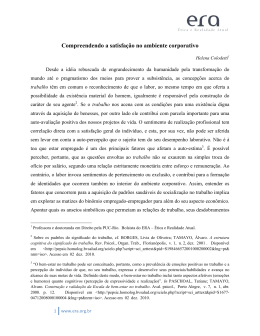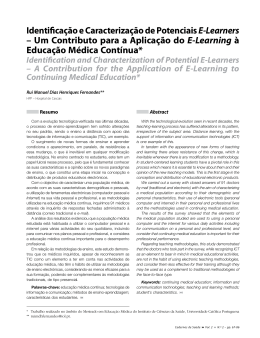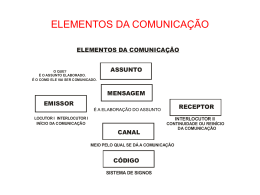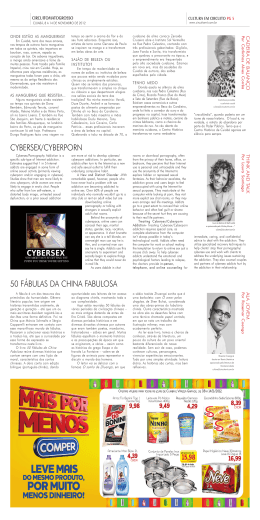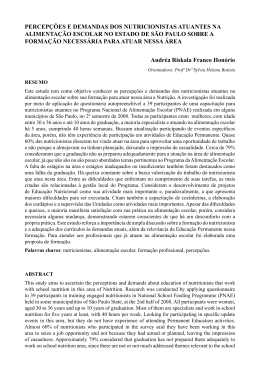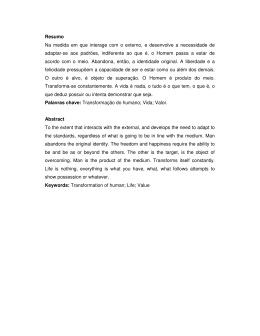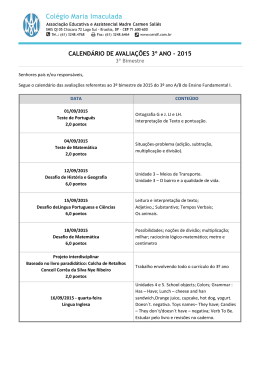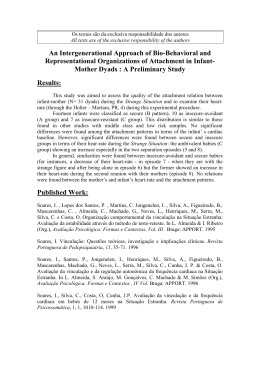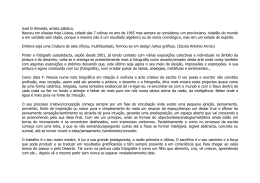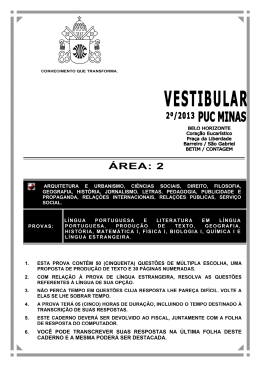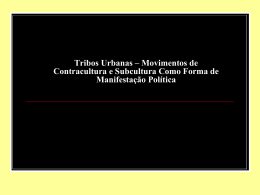HUMANISMO NA FORMAÇÃO MÉDICA: OLHARES DE ESTUDANTES DE MEDICINA DA UNIVERSIDADE FEDERAL DE ALAGOAS Cristina Camelo de Azevedo Orientadora: Profª Drª Sylvia Helena Souza da Silva Batista RESUMO Esta pesquisa tem como objetivo central analisar as concepções de humanismo e suas contribuições para a formação médica, na ótica discente, no âmbito do Curso de Medicina da Universidade Federal de Alagoas (UFAL). A metodologia escolhida foi a de realização de cinco grupos focais, nos quais foram coletados os depoimentos de 73 estudantes, analisados posteriormente através do referencial sobre as práticas discursivas. O presente estudo foi desenvolvido no período compreendido entre novembro/2006 a julho /2007. Os resultados encontrados destacaram três aspectos: - o que o estudante observa acerca da instituição, do curso e quais os sentimentos que surgem no seu processo como aprendiz; - o que estudante observa e como vivencia a relação aluno – professor no curso médico; - o que e como o estudante tem observado e aprendido sobre a relação médico-paciente e demais usuários com quem se relaciona. Surgiram elementos indicativos de um aprendizado entremeado de sinais de contrariedade, irritação, impaciência e intolerância com os professores, seus métodos e com a instituição. A humanização não é sentida na prática pedagógica da formação. Há também a preocupação em ser uma pessoa autêntica, embora por vezes, isso implique na diminuição do comprometimento com o que realiza. Enfim, identificam uma contradição no processo de formação médica: ao tempo em que pensam o humanismo como expressões de virtudes vivenciam situações contrárias. ABSTRACT The objective of this work is to analyze humanism conceptions and their contributions for medical education, under the students of medicine from Universidade Federal de Alagoas – UFAL point of view. The methodology adopted for collecting data was the focal group – five groups, through which 73 (seventy three) students were listened. The analysis was conducted in such way that the student’s conceptions central meaning could be captured from their speeches, considering the theories on then practice of discuss previously studied. The period of the research was from November 2006 to July 2007. The found results emphasizes three main aspects: - what are the student’s observations about the educational institution, about their course and what are their main feelings on the learning process; - how the students experience the relation student – professor and what they observe during the medical course; - and finally what and how they have been observing and learning from the relation between doctor and patient as well as with the other services users, with whom they share experiences during their medical course. The results reveal elements suggesting a learning process marked by feelings of boring, anger, irritation, impatience and intolerance towards the professors’ pedagogic methods, and similar feelings towards the Institution. Humanization is not present during the pedagogic practice within their medical education. They have also the preoccupation of being an authentic person, although this fact causes, many times, a lack of commitment with what they have to do. Finally, the results show the existence of a contradiction which is: at the same time they consider humanism as virtues expression, they experience contrary situations during their medical education.
Baixar
